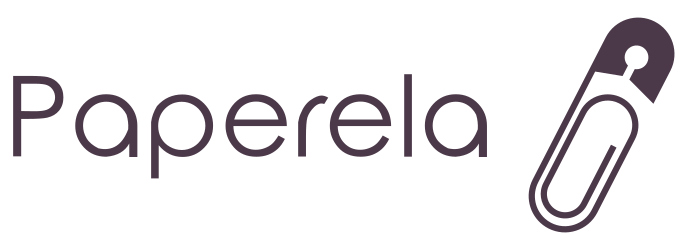
Benefits Of Open Finance For Businesses And Consumers

Lately, open finance is all the rage and the technology, and legislation resulting from it, could negatively impact the financial marketplace. Open finance can create an atmosphere that could unleash new opportunities for businesses and consumers. But what exactly is open finance, and how does it differ from banking? This article will help you understand the difference between the two and explore what the future holds.

Maitree/Pexels | Companies can create better customer savings plans through open banking.
Open Finance Is The Future Of Open Banking
Open banking is the process where regulated companies open access to users’ financial data. This can greatly impact the consumer and financial landscape for the coming years by making it easier for businesses to expand quickly in new markets. The PSD2 legislation opened its APIs to allow consumers to give controlled access to third parties to their banking data.
This will be a step towards leveling the financial grounds by allowing fintech to flourish. In today’s world, open banking solutions allow investors to process funds through thousands of EU and UK banks through a single integration. Talking about the UK, open banking use has increased in popularity, reaching more people. In July 2020, 15 million API calls increased to around 33 million just after two years.
Is Open Finance Same As Open Banking?
Open finance can be seen as open banking 2.0 that expands the protocol with value-added services, which can allow greater and more secure data sharing. Open banking, like open finance, gives access to features like future-dated payments, recurring payments, and payments to various counterparties.
Open banking currently allows involved companies to access information related to expenses to pay credit checks and maintain a good credit score to qualify for loans in the future. The concept of open finance gives more information than a traditional bank account. Information on whether the user invests money and in what sectors or do they have paid their taxes, or how much they have in pension savings.

Pixabay/Pexels | Open market will allow banks to offer many other services than the traditional ones.
The ability to have answers to the above questions may allow merchants to provide personalized services to customers beyond the simple issuing and approval of credit. As the financial sector continues to evolve, companies will be able to help set up better saving and investment plans for their customers. The evolution of finance technology can open a wide range of benefits to HR, utility companies, pension funds, and mortgage lenders. The UK and Europe have been early adopters of open banking and the trend to adapt to open finance.

Pixabay/Pexels | Open finance can offer opportunities for businesses to grow.
As open banking continues to develop, traditional banks and fintech providers move towards exploring opportunities that may give rise to innovative products. Banks and their customers will continue to benefit by linking more services and customer accounts. A recent study involving 758 financial banks and professionals revealed that 85% of respondents agreed that open finance would positively impact the finance industry.
Many businesses use open banking to make better decisions about customers’ spending habits and income. Moreover, open finance also allows them to analyze the financial patterns of customers to get an insight into customers’ financial profiles.
More in Financial Planning
-
`
What Chiropractic Services or Products Are Taxable in the U.S.?
When considering sales taxes that come with chiropractors charge, it is important to understand that the rules vary widely by state....
September 13, 2024 -
`
How to Prevent Squatters While on Vacation?
Going on vacation should be a time of relaxation and adventure, not a cause for concern about what is happening back...
September 6, 2024 -
`
Ben Affleck and JLO Divorce – Why He Won’t Remove His Ring?
Given their status as Hollywood’s power couple, Ben Affleck and Jennifer Lopez’s relationship status continues to captivate public interest. Recent reports reveal...
August 26, 2024 -
`
Why Is My Gas Bill So High in the Winter? Top Reasons You Need to Know
Why is my gas bill so high in the winter? High gas bills arise when the temperature drops, and households begin...
August 23, 2024 -
`
How to Start a Taxi Business With One Car – And Be Profitable
The online taxi booking app industry is a goldmine in today’s market. It offers unmatched convenience for commuters, lucrative opportunities for...
August 16, 2024 -
`
Can You Go to Jail for Driving Without a License? Find Out Now
Driving is an essential part of daily life for many people, but it comes with responsibilities. One of the most fundamental...
August 9, 2024 -
`
Top 5 Richest “American Idol” Winners
“American Idol” has been a launching pad for many aspiring singers since its debut in 2002. The show has produced some...
July 29, 2024 -
`
Can Banks Notarize Documents for Free?
Navigating the landscape of legal documents can often lead you to one crucial service: notarization. Understanding whether you can access these...
July 23, 2024 -
`
5 Tried & Trusted Ways to Get Quality Property Clients
Wondering how to get property management clients? In today’s competitive market, securing high-quality property management clients can be a challenge. But...
July 17, 2024















You must be logged in to post a comment Login